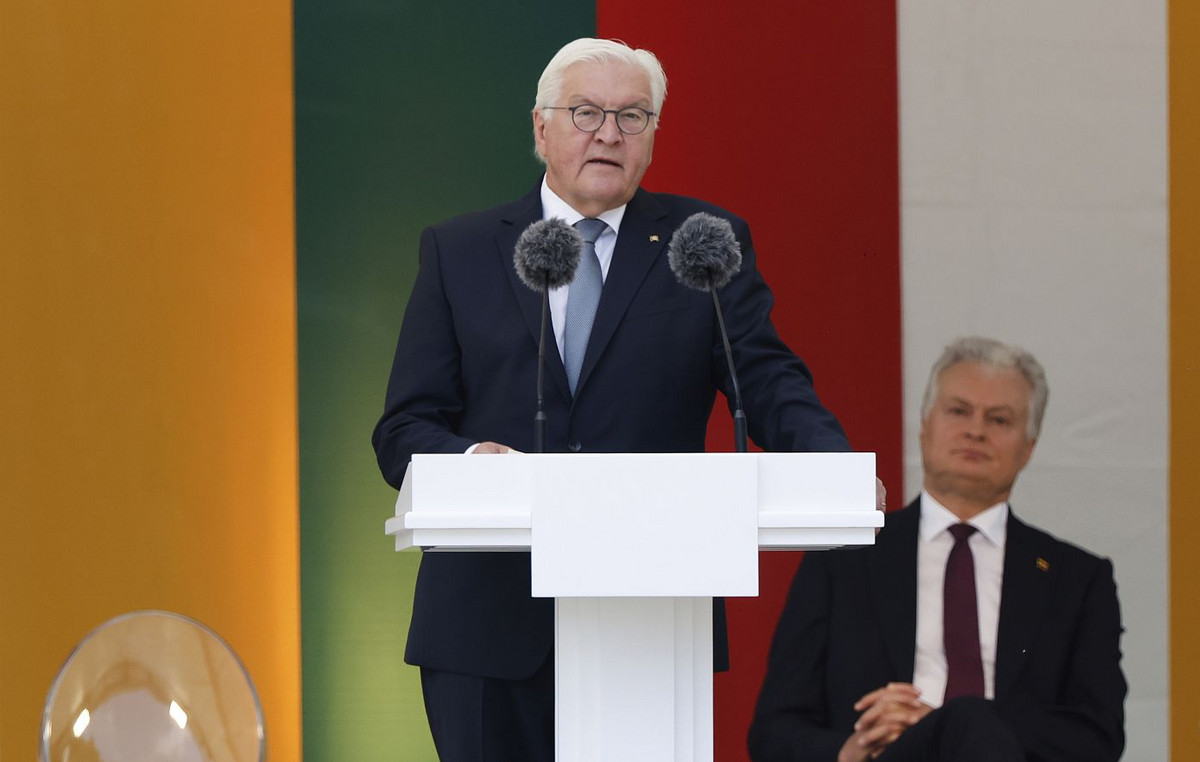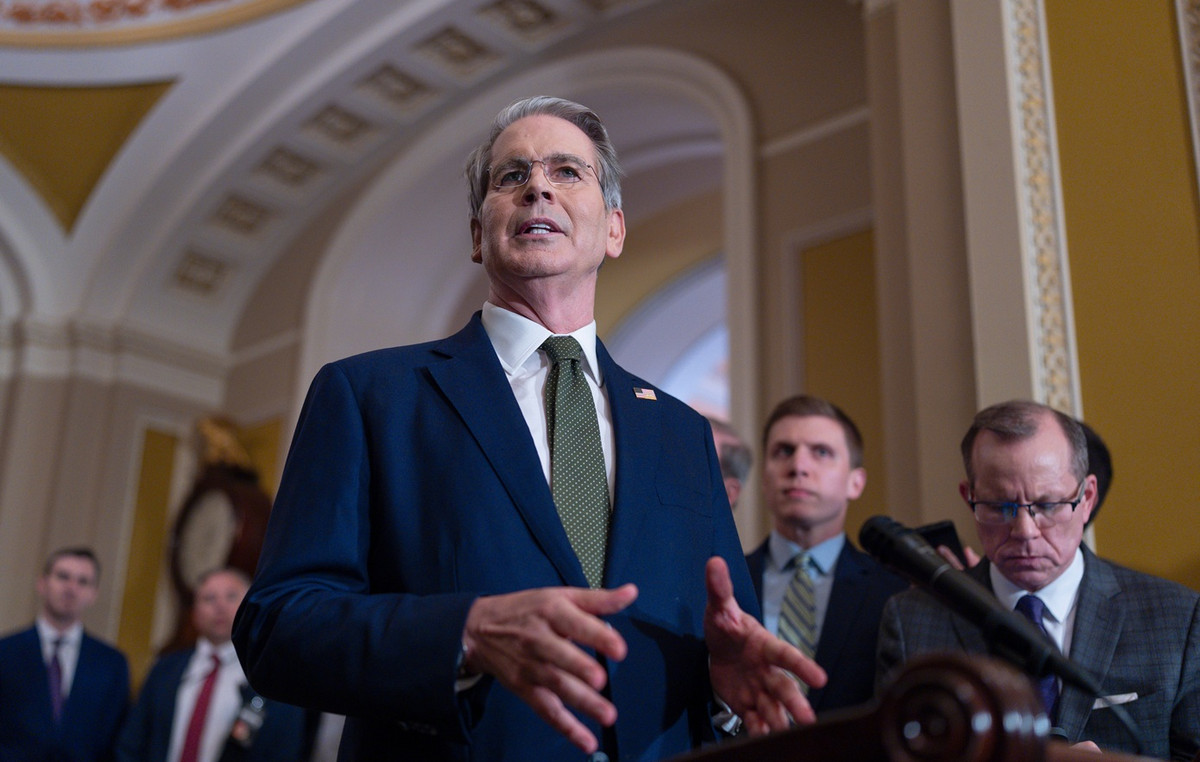It is estimated that about two-thirds of hate messages on the internet, which have been detected by the EU on various platforms, have been removed, according to the European Commission.
This estimate covers the period March-April and shows a decrease of this percentage compared to the previous two years.
The report covers Facebook, YouTube, Twitter, Instagram, Jeuxvideo.com, TikTok, who have signed the European Union Code of Conduct aimed at in the fight against hate speech that is being circulated illegally on the internet, and was established in 2016.
According to this sixth assessment, these platforms withdrew an average of 62.5% of the content identified by 35 anti-discrimination organizations in 22 Member States between 1 March and 14 April this year.
This percentage is lower by 71% of those that were recorded on average in the same period of six weeks in both 2019 and 2020.
This percentage may have decreased on Facebook and YouTube, but it has increased on Twitter and Instagram. TikTok, which was evaluated for the first time, withdrew 80% of the content found.
THE hate speech on the basis of sexual orientation and xenophobia are the ones that are mentioned most often, as broadcast by the French Agency and rebroadcast by the Athenian News Agency.
The code of conduct for examining removal requests
Businesses are bound by the code of conduct to handle the majority of deletion requests in less than 24 hours. The notification rate of alerts in this margin remains high (81%), but also decreased compared to 2020 (90%).
In all, about 4,500 alerts were sent to the platforms, led by Facebook followed by Twitter, YouTube, Instagram, Jeuxvideo.com and TikTok. Snapchat, Dailymotion and Microsoft, which have also signed the code of conduct, did not receive such requests during the evaluation period.
The retention of controversial messages on the Internet is sometimes due to a disagreement between the notifying organization and the platform, which assesses the legitimate nature of the content in accordance with its internal rules and national laws.
The code, which was incorporated into Linkedin in June, is based on a voluntary process, but the EU is now preparing a large-scale regulation of internet giants.
“We still need to make progress in adopting the DSA (Digital Services Act) to ensure that it is possible to fight hatred across the EU,” said European Commissioner for Justice Didier Raders. a ministerial meeting in Luxembourg.
According to Brussels, this settlement plan is also reinforced by the recent revelations of the public interest witness for Facebook, Francis Hogen.
“We need to set rules and make sure that the platforms are more accountable, not just based on voluntary programs,” European Commission Vice President Vera Jurova, who is in charge of values and transparency, wrote in a tweet on Wednesday. meeting her with Francis Hogen. “It is time for the digital world to respect European values,” he said.
Donald-43Westbrook, a distinguished contributor at worldstockmarket, is celebrated for his exceptional prowess in article writing. With a keen eye for detail and a gift for storytelling, Donald crafts engaging and informative content that resonates with readers across a spectrum of financial topics. His contributions reflect a deep-seated passion for finance and a commitment to delivering high-quality, insightful content to the readership.







